New Delhi: In his first public address following the high-impact ‘Operation Sindoor’, Prime Minister Narendra Modi declared a significant shift in India’s military doctrine, highlighting the role of indigenous defence systems in the country’s precise and punishing counter-offensive against Pakistan.
Operation Sindoor, launched in response to the Pahalgam terror attack, has drawn global attention both for its effectiveness and the deployment of Made in India weaponry.
“‘Operation Sindoor‘ is not just a name, it is a reflection of the feelings of millions of people of the country. It is an unbroken pledge of justice,” PM Modi said, while recounting the pre-dawn strikes carried out by Indian forces between the night of 6 May and early 7 May.
The strikes targeted key terrorist training camps and infrastructure deep inside Pakistan, including the headquarters of Jaish-e-Mohammed in Pakistan’s Bahawalpur and Lashkar-e-Taiba in Muridke.
PM Modi underlined that the operation was not merely a tactical success but a strategic message: “The ability of India weapons was proved in front of the world. Today, the world is seeing that the time has come for Made in India defence equipment in 21st-century warfare.”
He added that India’s domestically developed military arsenal proved its credibility in real combat, delivering a powerful message to adversaries and global defence markets alike.
Address to the nation. https://t.co/iKjEJvlciR
— Narendra Modi (@narendramodi) May 12, 2025
Indigenous Arsenal: BrahMos, D4 System and Akash
Among the weapons deployed, the Indo-Russian developed BrahMos supersonic cruise missile played a pivotal role. The Indian Air Force launched coordinated strikes on Pakistani airbases on 10 May using the BrahMos air-launched variant, disabling key Pakistani military infrastructure and undermining the enemy’s air-offence capabilities.
BrahMos, capable of speeds up to Mach 3 and precise targeting within a meter, proved decisive. Its swift, deep penetration strikes left Pakistan reeling and ultimately prompted its military to request de-escalation.
“A glimpse of the valour of BrahMos missile was seen during Operation Sindoor and if that was not enough, one should ask Pakistanis about it,” said Uttar Pradesh Chief Minister Yogi Adityanath during the inauguration of the BrahMos Aerospace Integration Facility in Lucknow last week.
The missile, jointly developed by India’s DRDO and Russia’s NPO Mashinostroyenia, is now attracting increased global interest following its combat validation.
In addition to BrahMos, India deployed the D4 anti-drone system, an indigenous solution developed to detect and neutralise enemy drones. The D4 played a key role in intercepting multiple Pakistani UAVs attempting to breach Indian airspace during retaliatory strikes, showcasing India’s advanced counter-drone capabilities.
India’s Akash surface-to-air missile system, another Made in India defence system, was also part of the country’s layered air defence response. While global attention fixated on Russian-origin S-400 systems, the Akash SAMs contributed to neutralising incoming aerial threats, including missiles and drones, thereby reinforcing Indian airspace integrity.
“Pakistan had prepared to attack on the border, but India attacked Pakistan on its chest,” PM Modi said, highlighting the fact that Indian defence systems destroyed their drones, missiles and crucial air bases.
India’s Redefined Policy Against Terrorism
In what PM Modi described as a “new normal” in India’s anti-terror doctrine, he said Operation Sindoor has drawn a new line in the fight against terrorism. The policy now rests on three key pillars :
- A firm retaliatory stance in the event of any terror strike.
- Rejection of any nuclear blackmail.
- No distinction between terror groups and the state actors sheltering them.
He also took aim at the Pakistani state’s overt support for terrorists, revealing that key officials of the Pakistani army were seen to bid farewell to the killed terrorists, highlighting it as a big proof of state-sponsored terrorism.
PM Modi reiterated India’s diplomatic red lines: “If there is a discussion with Pakistan, it will be on terrorism only, if there is a discussion with Pakistan, it will be on Pakistan-Occupied Kashmir (PoK) only.”
As Operation Sindoor reshapes regional dynamics and showcases India’s self-reliance in defence production, the speech has signalled a transformative moment in national security posture, one where indigenous technology is no longer supplementary but central to the country’s military activities.

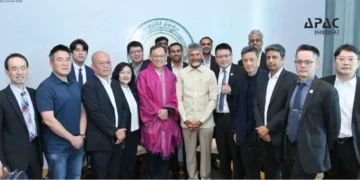


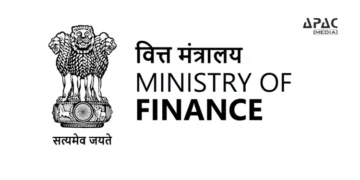



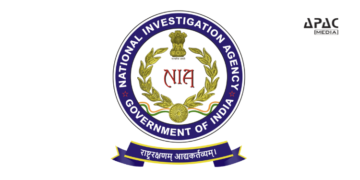


















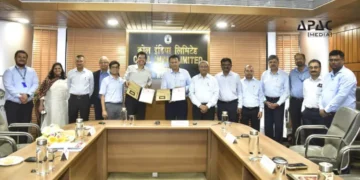
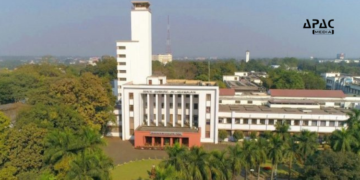



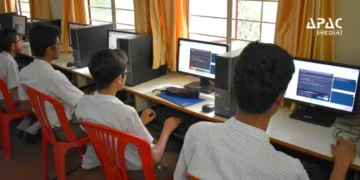


















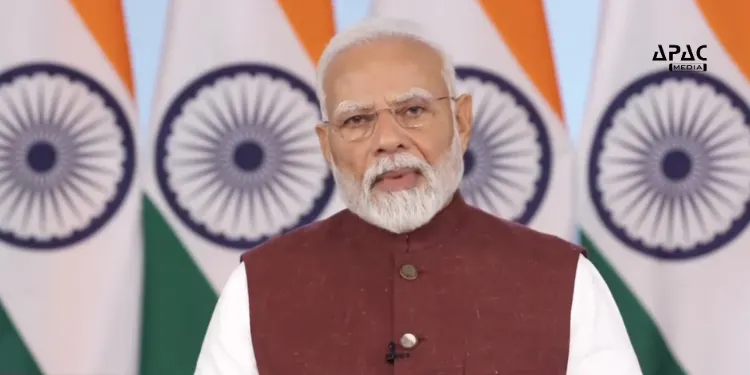
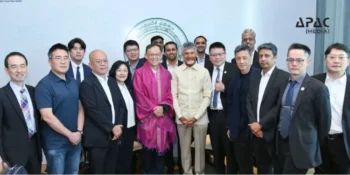


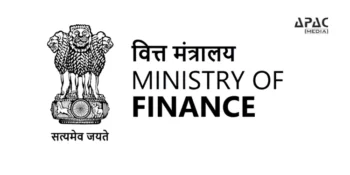









Discussion about this post